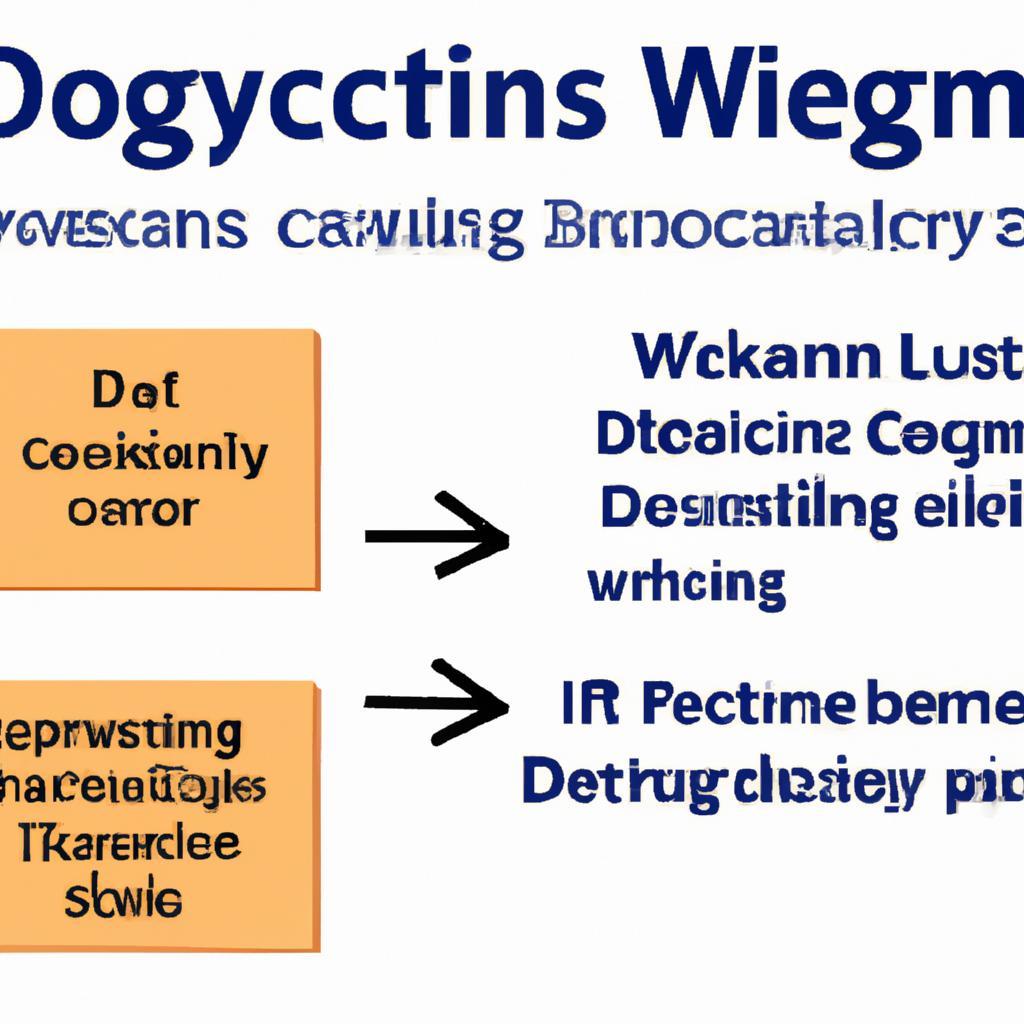In a world saturated with weight loss fads and quick-fix solutions, the journey toward achieving a healthier body can often feel like navigating a labyrinth of misinformation. Each year, new trends emerge, promising miraculous transformations while often ignoring the deeper science that underpins successful weight management. As we sift through the noise of trendy diets, exercise routines, and social media hype, it becomes increasingly vital to reexamine the common misconceptions that cloud our understanding of weight loss. This article aims to demystify the complexities of this multifaceted topic by exploring the scientific principles that govern our bodies, debunking widespread myths, and offering clarity in the quest for sustainable health. Join us as we unravel the truths behind weight loss, providing insights that empower you to make informed decisions on your path to success.
Unraveling the Myths of Caloric Deficits and Sustainable Weight Loss
When discussing weight loss, the concept of a caloric deficit often becomes shrouded in misconceptions that can derail progress. To clarify, a caloric deficit is simply the difference between calories consumed and calories expended, and staying in this negative balance is essential for weight loss. However, it’s crucial to consider the quality of the calories consumed. **Not all calories are created equal**; emphasizing whole foods over processed ones can help maintain energy levels and improve overall health. Additionally, the idea that a drastic caloric restriction is necessary for weight loss is misleading, leading many to extreme diets that are unsustainable. Instead, aim for a **moderate caloric deficit** that allows gradual weight loss while supporting metabolic function and muscle retention. Here are some common myths about caloric deficits and their truths:
- Myth: The bigger the deficit, the faster the weight loss.
- Truth: A large caloric deficit can lead to muscle loss and metabolic slowing.
- Myth: All calories are equally effective for weight loss.
- Truth: Nutrient-dense foods support better outcomes in hunger and energy management.
- Myth: Once you lose weight, you can go back to old eating habits.
- Truth: Sustainable changes are crucial for maintaining weight loss long-term.
Consider the following table to summarize the energy calculations:
| Method | Effect on Weight Loss |
|---|---|
| Drastic Caloric Cut | Initial loss followed by metabolic slowdown |
| Moderate Caloric Deficit | Steady weight loss with preserved muscle mass |
| Increased Physical Activity | Enhances caloric burn and supports weight loss |
Exploring the Science of Metabolism and the Role of Nutrition in Effective Fat Reduction
The interplay between metabolism and nutrition is crucial in understanding how our bodies manage weight loss. Metabolism, the intricate biochemical process by which our bodies convert food into energy, can significantly influence our ability to shed fat. Several key factors contribute to this complex system:
- Basal Metabolic Rate (BMR): This represents the number of calories your body requires at rest to maintain essential functions such as breathing and circulation.
- Thermic Effect of Food (TEF): The energy expended during the digestion, absorption, and metabolism of nutrients, which can contribute to overall calorie expenditure.
- Physical Activity Level (PAL): Encompassing all movements throughout the day, from structured exercise to daily chores, it serves as a pivotal element of total energy expenditure.
- Adaptive Thermogenesis: The body’s ability to adjust energy expenditure based on environmental stimuli and individual metabolic adaptations.
Furthermore, the role of nutrition is not merely about calorie counting—a balanced intake of macronutrients is essential. Here’s a simplified overview of how different nutrients impact metabolism:
| Nutrient Type | Impact on Metabolism |
|---|---|
| Proteins | Boosts TEF, supports muscle maintenance, and promotes satiety. |
| Carbohydrates | Key energy source; affects insulin levels and fat storage. |
| Fats | Aids in nutrient absorption and provides essential fatty acids. |
Recognizing that nutrition plays a foundational role in optimizing metabolic pathways sheds light on the often-misunderstood nature of weight loss. Understanding this relationship can empower individuals to make informed, science-based choices for effective fat reduction.
In Summary
In the journey toward understanding weight loss, separating fact from fiction is paramount. As we’ve explored the intricate web of myths and misconceptions, it becomes clear that the path to successful weight management is paved with informed choices rather than trendy fads. By grounding ourselves in scientific principles and embracing a holistic approach, we empower ourselves to make sustainable changes that resonate with our unique bodies and lifestyles.
As we conclude this exploration of weight loss, remember that each individual’s journey is distinct. What works for one may not work for another, and that’s perfectly okay. The key lies in cultivating a mindset that prioritizes health over aesthetics, progress over perfection. Armed with knowledge and clarity, let’s strive to foster a culture where realistic expectations and compassionate self-care take center stage.
May this newfound understanding inspire you to embrace your journey with confidence, resilience, and an unwavering commitment to your well-being. After all, weight loss is not just about the numbers on a scale, but about fostering a life that celebrates balance, vitality, and self-acceptance. Here’s to taking informed steps forward, as we redefine what it truly means to thrive.

